Resolution #164
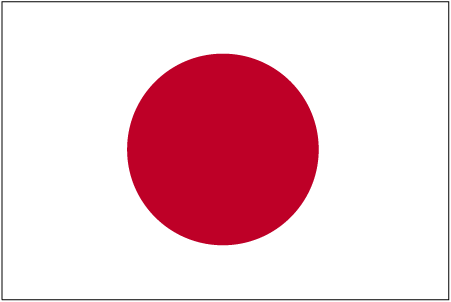 |
The question of freedom of the press and protection of journalism |
| Committee: Human Rights Commission | |
| Main Submitter: Japan | |
| Submitted: 01/04/2022 17:01 |
| Status |
|---|
| Passed cosubmitter sheet validation |
| Approved by approval panel |
| Selected for debate by secretariat |
| Passed by committee (Human Rights Commission) |
Committee Voting
| For: | 30 |
| Against: | 5 |
| Abstentions: | 5 |
Options
Co-submitters
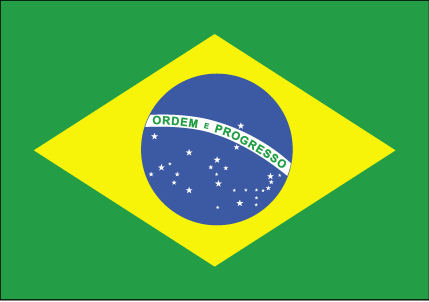 | Brazil |
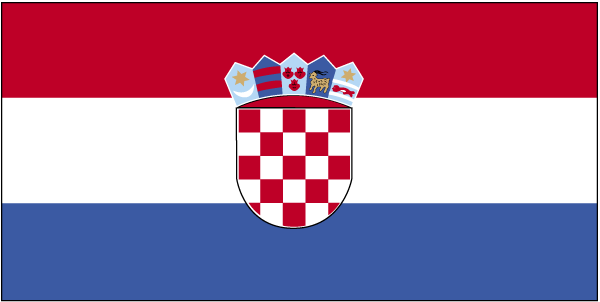 | Croatia |
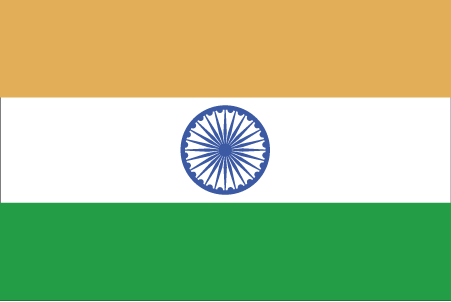 | India |
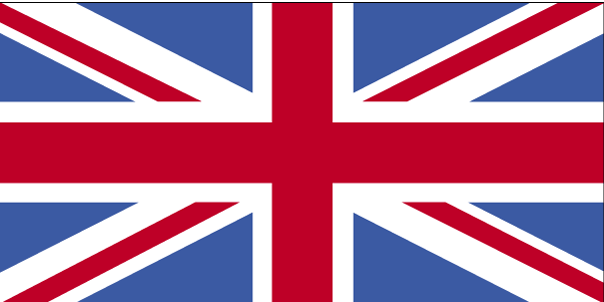 | UK |
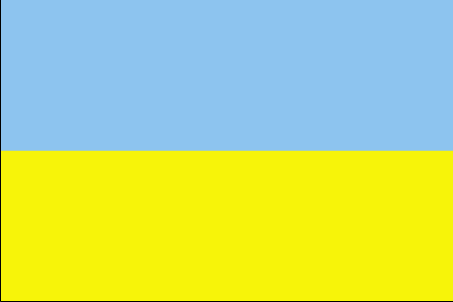 | Ukraine |
Resolution
HRC: TQO freedom of the press and protection of journalism
Main Submitter by: Japan
Co-submitted by: Brazil, India, UK, Croatia, Ukraine
THE HUMAN RIGHTS COMMISSION,
Reminds member nations to act in accordance with article 19 of the Universal Declaration of Human Rights and not to disrupt the press in their respective country,
Definines independent media as any media, such as television, newspapers or Internet-based publications, that is free of influence by government or corporate interests,
Alarmed that as of 2021, worldwide, 365 journalists were imprisoned and 41 journalists killed,
Concerned that, during the 10-year period ending August 31, 2020, 277 journalists were murdered for their work worldwide and in 83% of those cases no perpetrators have been successfully prosecuted,
1. Asks for the creation of a new UN sub-body, the United Nations Organisation for the Protection of Press Freedom (UNOPPF) charged with the implementation of this resolution, to work in conjunction yet separately from UNESCO, and in conjunction with relevant NGOs, with this sub-body holding responsibility for:
a. conducting and compiling research around press freedom or lack thereof in all member nation,
b. referring any countries deemed to be in major breach of press freedoms by these biennial reports to the United Nations Security Council for possible economic, trade, diplomatic, or any other relevant forms of sanctions;
2. Encourages the creation of a mass media campaign with reliable and unbiased organisations (such as Reporters without Borders) to educate civilians on the importance of journalism and the freedom of press to democracy and human rights, through methods including but not limited to: Leaflets and pamphlets, Radio broadcasts, Educational television broadcasts, School talks, Mobile education centres,
a. the publishing of a biennial report aimed for first publication in 2024, addressing the findings, progress, and recommendations of this body, to be released to the public and its recommendations and findings referred to the United Nations Security Council,
b. educational courses delivered in 2nd level education and up;
3. Recommends for all governments, government organisations to promote transparency and accountability in democracy by using the internet to share official government documents and information;
4. Urges all governments to take action for the protection of all journalists facing violence or threat of violence concerning content they have created by:
a. pressing for the investigation of organised crime groups of individuals that have committed or are suspected of committing such crimes in the past,
b. offering of financial support to families of murdered journalists, in cases where families or partners were reliant on the journalist's income, as a temporary measure until another job has been found to replace the income, if there is a person on the family who is in a position to work,
c. providing legal aid to help the family prosecute the murder of the journalist;
5. Requests the offering of grants to independently owned media organisations and independent journalists, for the purpose of allowing them to carry out important journalism without having to rely on profit, which would help increase the number of foreign correspondents and provide journalists with more access to travel and health insurance, visas, lawyers and psychological counselling;
6. Calls for the establishment of a bi-annual conference in Geneva, to be attended by representatives of all member states,media companies from MEDCs and LEDs, aid agencies,the International Media Support (IMS),the Committee to Protect Journalists(CPJ), and the International Federation of Journalists (IFJ), and any other organisations that support and work to protect journalists and the free press
7. Strongly suggests that UNOPPF will set out a strict list of guidelines for members states on what constitutes as fair arrest or detainment as impacting:.The sovereignty and Integrity of the State, The Security of the States, Relations with Foreign States Public Order, Decency or Morality Contempt of Court;
8. Further recommends member nations to work in parallel with the UN Entity for Gender Equality and the Empowerment of Women, to protect and support women in this area of work as, worldwide, women journalists are at increased risk of human rights violations as a result or their journalistic activities;
9. Requests that all countries respect article 19 of the Universal Declaration of Human Rights and information this includes the freedom to hold opinions and to receive and impart and ideas without interference by public authority and regardless of;
10. Suggests that aid and protection if given to reporters who may be expelled, harassed, imprisoned and even killed in reprisal for their work;
11. Further calls for the establishment of a bi-annual conference in Geneva, to be attended by representatives of all member states,media companies from MEDCs and LEDs, aid agencies,the International Media Support (IMS),the Committee to Protect Journalists(CPJ), and the International Federation of Journalists (IFJ), and any other organisations that support and work to protect journalists and the free press to communicate,share,and discuss research and data that all the organisations and member states have collected.